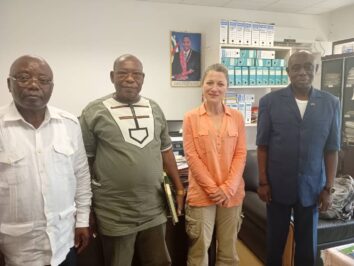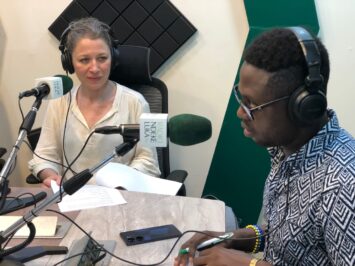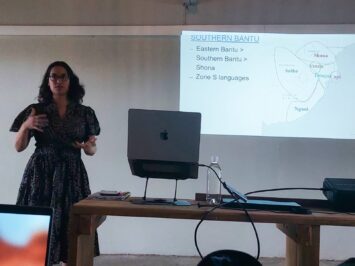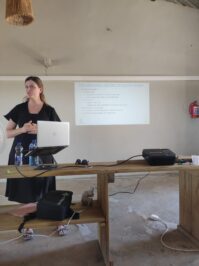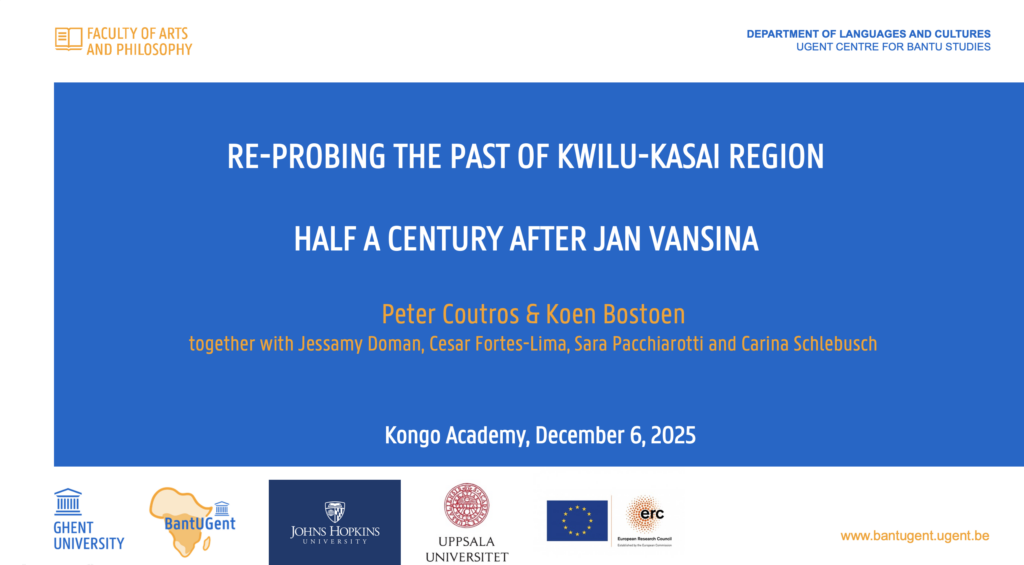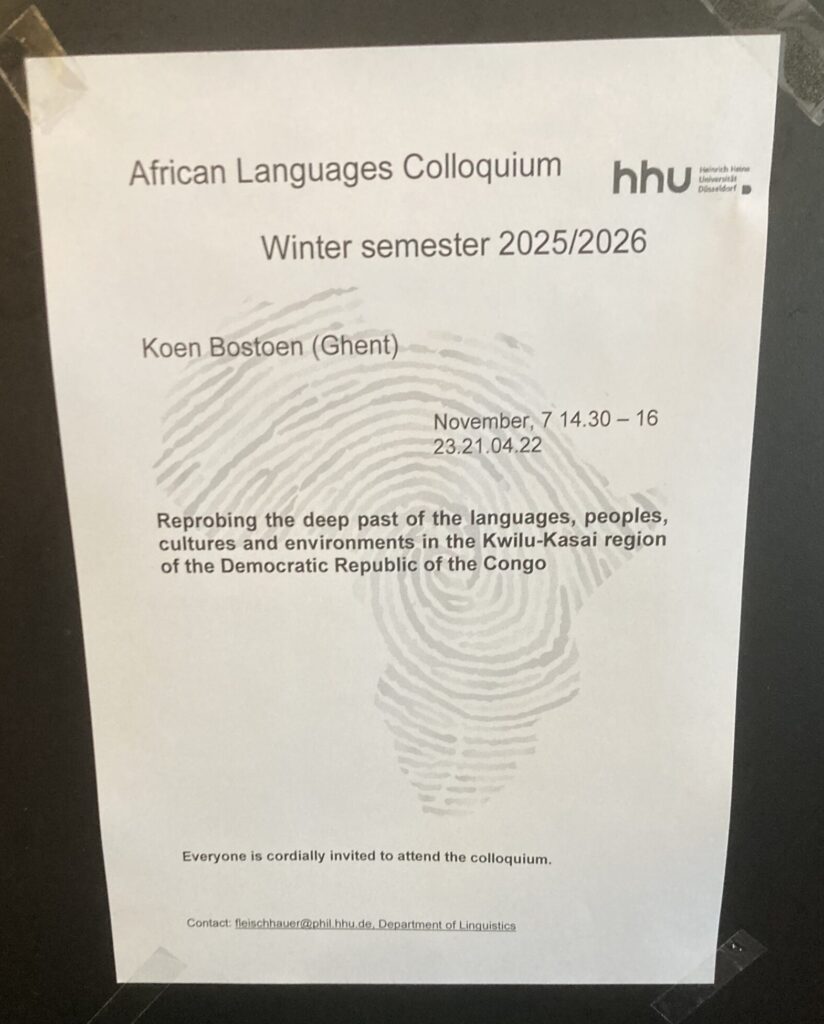We are delighted to share that Dr. Lorenzo Maselli has been awarded a Marie Skłodowska-Curie Actions (MSCA) Global Fellowship, one of the most competitive individual fellowships funded by the European Union. Lorenzo’s project, “NGBU – Non-explosion and Glottalisation in the Basin of the Ubangi”, was selected with an exceptional evaluation score of 97.4%, placing it among the very top-ranked proposals in this year’s call.
MSCA Global Fellowships support outstanding postdoctoral researchers and allow fellows to undertake advanced research and training through an international mobility scheme, involving an outgoing phase outside Europe and a return phase at a European host institution.
NGBU investigates the phonetic, phonological, and historical dynamics of glottalisation and non-explosion in speech, focusing on the languages of the Ubangi River Basin in Central Africa. The project combines: instrumental phonetics (acoustics, electroglottography, aerodynamics, static palatography),
phonological modelling, microvariationist typology, and historical-comparative reconstruction, integrated with insights from archaeology and population genetics.
During the outgoing phase, Lorenzo will be hosted at The Research Institute for Languages and Cultures of Asia and Africa at Tokyo University of Foreign Studies, working under the supervision of Prof. Daisuke Shinagawa, a leading specialist in African linguistics and typological microvariation and long-standing friend of BantUGent.
The return phase will take place at Ghent University, within the BantUGent, under the supervision of Prof. Sara Pacchiarotti, whose ERC-funded “CongUbangi” project on the Congo-Ubangi region provides a strong interdisciplinary framework for the project’s diachronic component.
Congratulations to all parties involved in the project!




